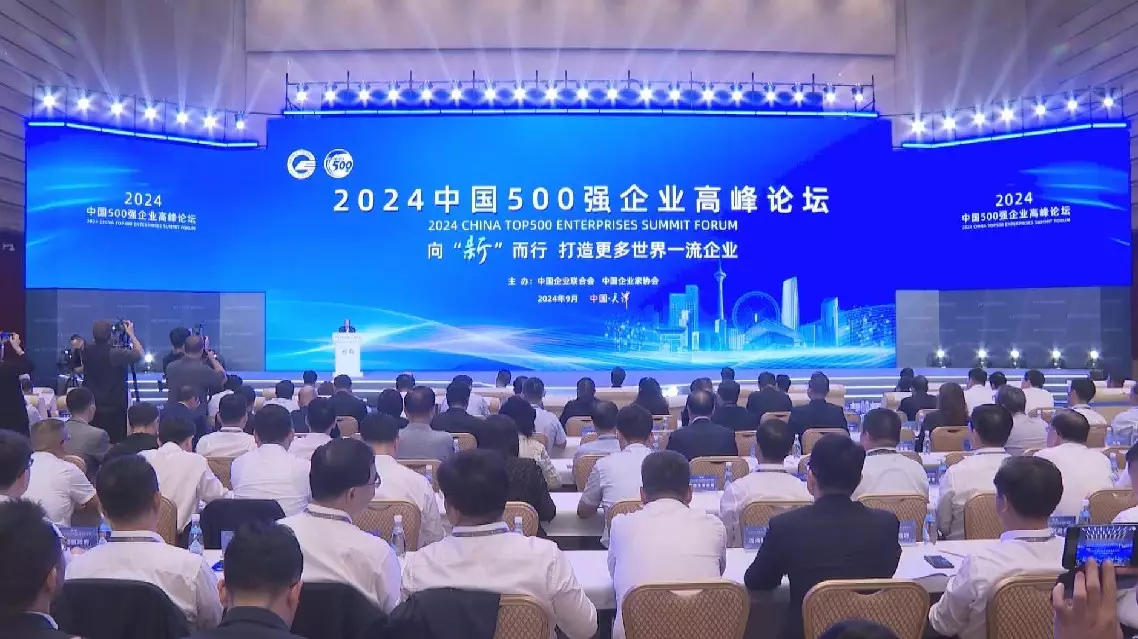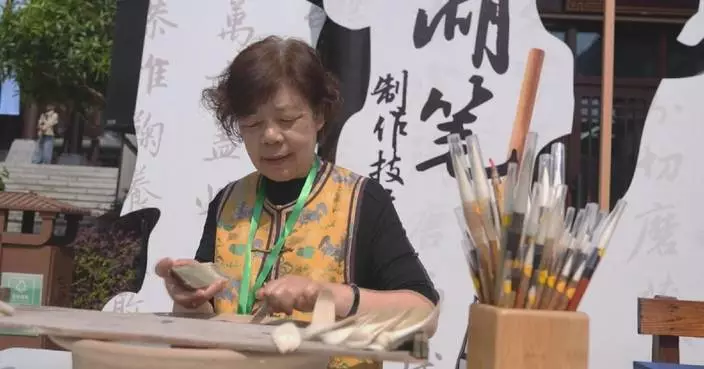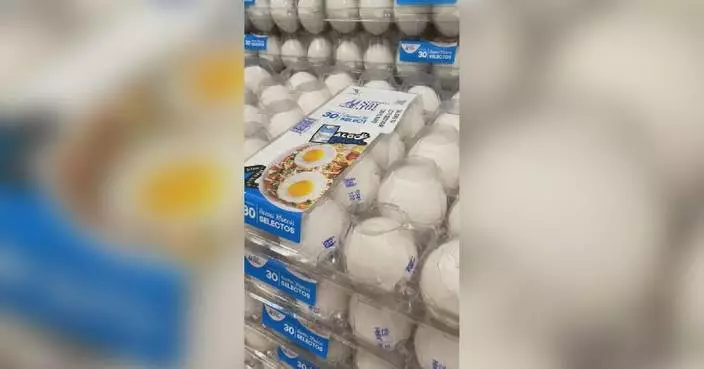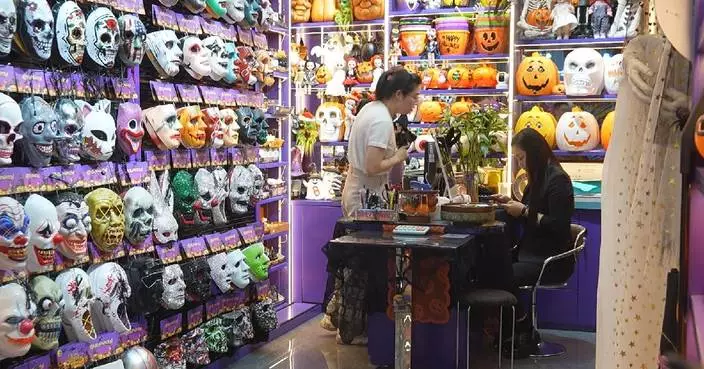The China Enterprise Federation released the list of "2024 China Top 500 Enterprises" on Wednesday during the 2024 China Top 500 Enterprises Summit Forum.
The two-day summit opened on Tuesday in north China's Tianjin Municipality, attracting more than 2,000 entrepreneurs, experts, scholars and industry-related guests.
The entry threshold of the China's Top 500 Enterprises in 2024 has been getting higher for 22 consecutive years, reaching 47.381 billion yuan, an increase of 383 million yuan compared with the previous year. In terms of operating efficiency, the Top 500 Chinese Enterprises in 2024 achieved a net profit of 4.51 trillion yuan, a year-on-year increase of 5.01 percent. Their total operating revenue increased by 1.58 percent year on year.
"The operating revenue of the Top 500 Chinese Enterprises in 2024 reached 110 trillion yuan for the first time, advancing to a new level. Focusing on the primary task of high-quality development, the Top 500 Chinese Enterprises have made further progress in the quality of development while maintaining a steady growth in the overall scale," said Zhu Hongren, executive vice president of the China Enterprise Federation.
Among the top 500 Chinese enterprises in 2024, the physical enterprises have accelerated their development and improved their efficiency, with operating revenue increasing by 2.31 percent compared with the previous year.
However, real estate and financial enterprises have experienced negative growth, with a growth rate of minus 1.06 percent, a decrease of 5.27 percentage points from the previous year.

China releases 2024 Top 500 Enterprises list


















































